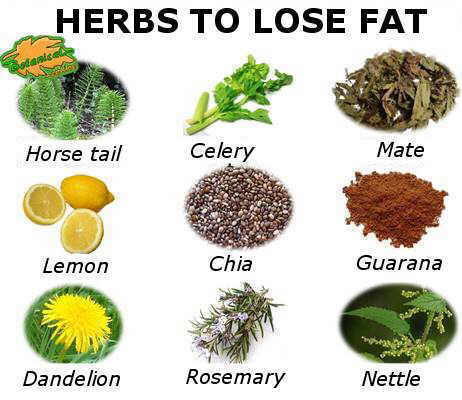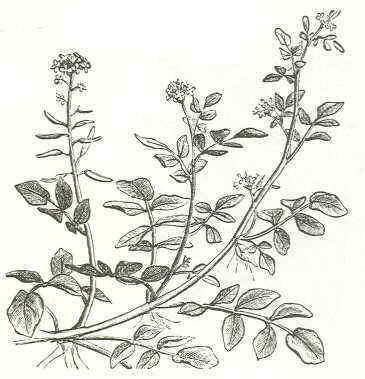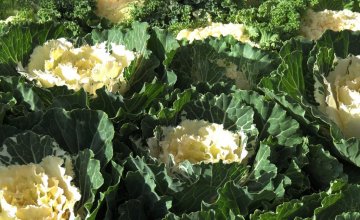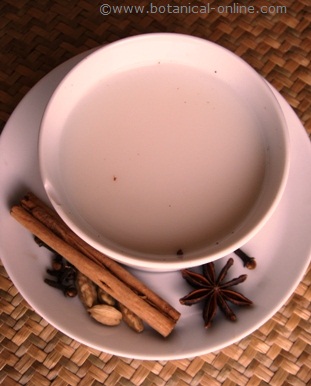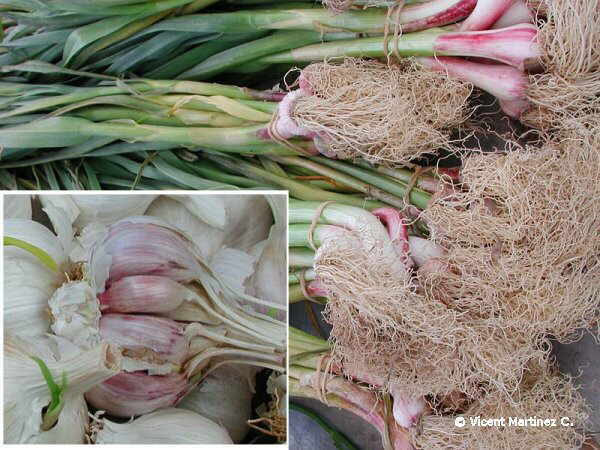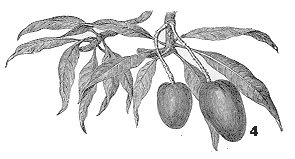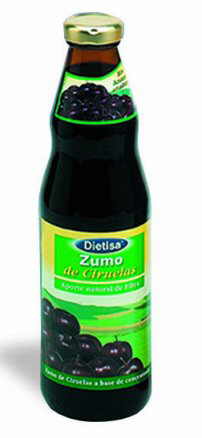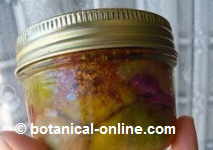Contents
- 1 We compare these sweeteners and find out which one is healthier
- 1.1 Is honey better than sugar?
- 1.2 What do you think is the best way to sweeten?
- 1.3 Sugar content of honey and table sugar
- 1.4 Sugar content of honey and sugar
- 1.5 Honey is so much more than sugar!
- 1.6 Calories from honey and sugar
- 1.7 Honey and sugar: which one makes you fatter?
- 1.8 Fructose from honey
- 1.9 Composition of sugar
- 1.10 Which is better for diabetes: honey or sugar?
- 1.11 Benefits of sugar and honey
- 1.12 What do scientific studies say about the benefits of honey or the harms of sugar?
- 1.13 Different taste between honey and sugar
- 1.14 Characteristic culinary properties
- 1.15 Articles related to sugar:
- 1.16 Recommendations on the consumption of honey or sugar
We compare these sweeteners and find out which one is healthier
Is honey better than sugar?
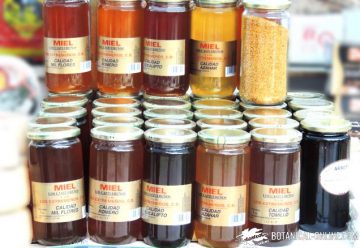
The general opinion tends to opt for considering that honey is healthier than sugar, as it is a product made by nature: plants produce flowers with nectar, which are collected by bees in the form of honey. Traditional beekeepers extract this honey using ancient methods.
In contrast, white sugar is a much more modern sweetener, obtained through industrial refining processes from sugar cane or sugar beet. These raw materials are obtained from intensive agriculture, which has a very negative impact on the ecosystem.
What do you think is the best way to sweeten?
The debate about honey and sugar tends to focus on nutritional and dietary questions, quite elementary and common sense. However, when recommending or choosing a sweetener, there are other interesting issues to consider.
First of all, apiculture is an activity that contributes to the protection of the environment through the pollinating action of bees. No other sweetener fulfills such an important role in nature!
For this reason, honey is the most ecological sweetener that exists. Buying honey from local and traditional beekeepers is to invest in our forests having more pollinating insects, more wealth and therefore better environmental health.
Sugar content of honey and table sugar
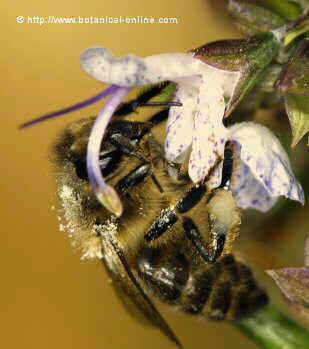
Probably, the most scientific ones will tell us that both honey and sugar are sweetening products with sugars (= simple carbohydrates), and that therefore neither of the two is better or worse than the other, but they are two practically equivalent products.
Sugar content of honey and sugar
- Table sugar contains 100% sugar or sucrose.
- Honey normally contains about 80% sugars, of which at least 60% is fructose and glucose, and 5% is sucrose.
Honey is so much more than sugar!
Some consider that “honey is all sugar”, a somewhat simplistic conclusion, which is not entirely true. The composition varies depending on the type of honey and its processing, but, in general, raw honey contains, in addition to sugar: enzymes, amino acids, vitamins, minerals, organic acids and phenolic compounds…
Calories from honey and sugar
At the caloric level, both honey and sugar contain the same calories for the same amount of food, with honey being slightly less caloric per 100 g. Per 100 grams, sugar contains 387 calories (kcal) and honey provides 304 calories.
If we look per serving of sweetener, a sugar sachet (8g) provides 32 kcal and a tablespoon of honey (14g) provides 43 kcal. That is, the calorie content is almost identical between both sweeteners, since both foods are rich in simple carbohydrates, which provide 4 kcal per gram.
Honey and sugar: which one makes you fatter?
Regarding the question of which one makes you fatter, we know well that there is no single food that causes you to gain weight or lose weight, but rather it is the whole diet, maintained for a certain time, that determines weight and body composition.
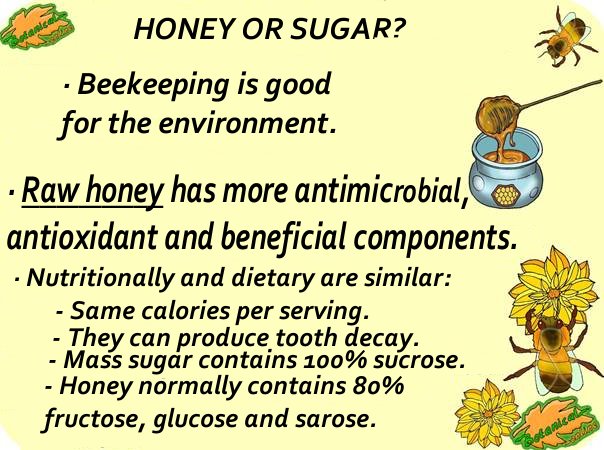
Explanatory chart of the main differences between honey and sugar. Honey is a better sweetener, for different reasons explained in this article
Fructose from honey
One difference between honey and sugar is the type of sugar that each sweetener provides. While sugar contains a lot of sucrose, honey in its composition has a higher percentage of fructose, a sugar (carbohydrate) that is absorbed more slowly than glucose. It is established that the fructose percentage of honey must be at least 60%.
This means that the sugar in honey (mainly fructose) is absorbed more slowly than sugar (sucrose), without causing such high blood sugar spikes.
Composition of sugar
Refined sugar – white or brown – contains very few nutrients due to its purity, sucrose being its only constituent. In other words, refined sugar only contains sucrose, and it does not provide vitamins, minerals, or even water in its composition.
Which is better for diabetes: honey or sugar?
In dietetics it is said that honey (39) has a lower glycemic index than sugar (58). Even so, this point is not an advantage for people with diabetes, who have to control the consumption of honey given its richness in sugar.
Fructose also has no advantage against tooth decay, as it is also cariogenic.
Benefits of sugar and honey
In addition to the nutritional and dietary aspect, which would include a whole series of analytical characteristics on the sugar content of both sweeteners, the cariogenic power that both have, or the need to consume sugars in moderate amounts, honey and sugar are also studied for their impact on health.
What do scientific studies say about the benefits of honey or the harms of sugar?
- Sugar is the worst known because it is the most widely used sweetener in many ultra-processed products, mainly junk food. Numerous studies link an eating pattern with sugary products to problems with tooth decay, obesity, diabetes, acne and other health conditions.
- There are honey studies that highlight the nootropic properties (for memory) of honey, and its anti-inflammatory, antimicrobial and healing properties (especially raw honey). It is used for forgetfulness, colds, coughs, for the healing of ulcers and wounds because it is useful to to increase defenses
- Although there is no clear scientific evidence on the benefits of honey, it is undoubted that this sweetener is the one that accumulates an older tradition as a popular remedy.
Different taste between honey and sugar
Taste is one of the biggest differences between sugar and honey. The former has a very sweet pure flavor, because of its high degree of refinement. Instead, there are many types of honey – as many, as types of flowers and nectars in nature, with different organoleptic qualities.
Characteristic culinary properties
- Sugar has the property that it caramelizes, which has a wide range of gastronomic possibilities, ranging from decoration (making shapes or threads with the caramel, which will solidify when it cools); until “Catalan cream” and flan, with caramel on top.
- Sugar is also the base of all
- Honey can also be used to compact cereal bars or crackers, for example.
- The caloric content is practically the same, being honey more nutritious and aromatic. The choice of one or another sweetener depends on the preferences of each consumer and the gastronomic uses that they want to give it.
There are many other natural sweeteners apart from honey, such as cereal molasses (rice molasses, rye molasses, etc.), stevia, agave syrup, artificial sweeteners…
Recommendations on the consumption of honey or sugar
Any sweetener should be used in moderation, that is, avoiding its excess so as not to have negative consequences of its consumption.
An adequate consumption would be 1-2 teaspoons of sugar or honey a day. However, for daily use, the ideal would be to get used to the natural taste of food and not abuse any sweetener, even if it does not have calories.
* Related information:
![]() More information on sugar and honey
More information on sugar and honey

